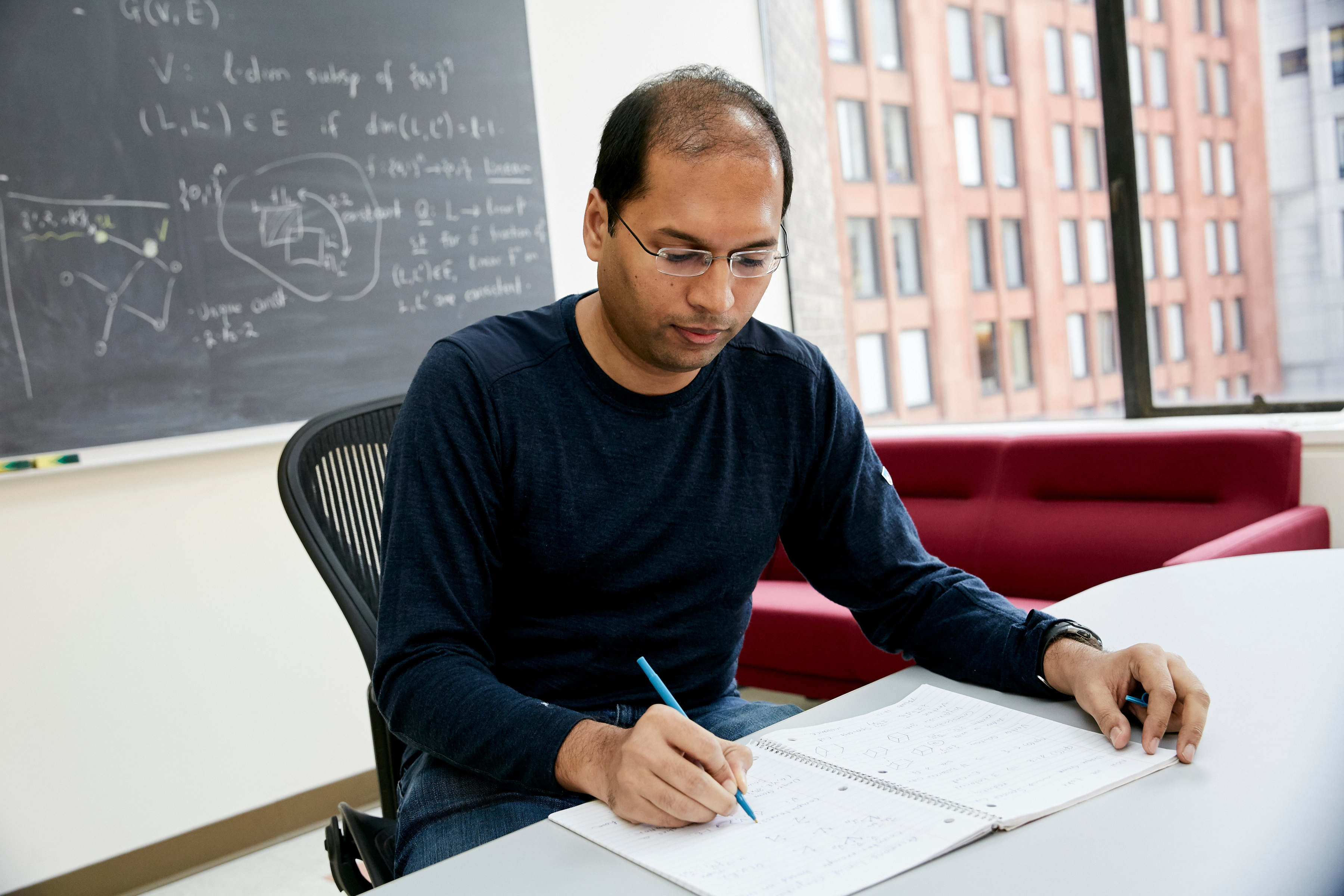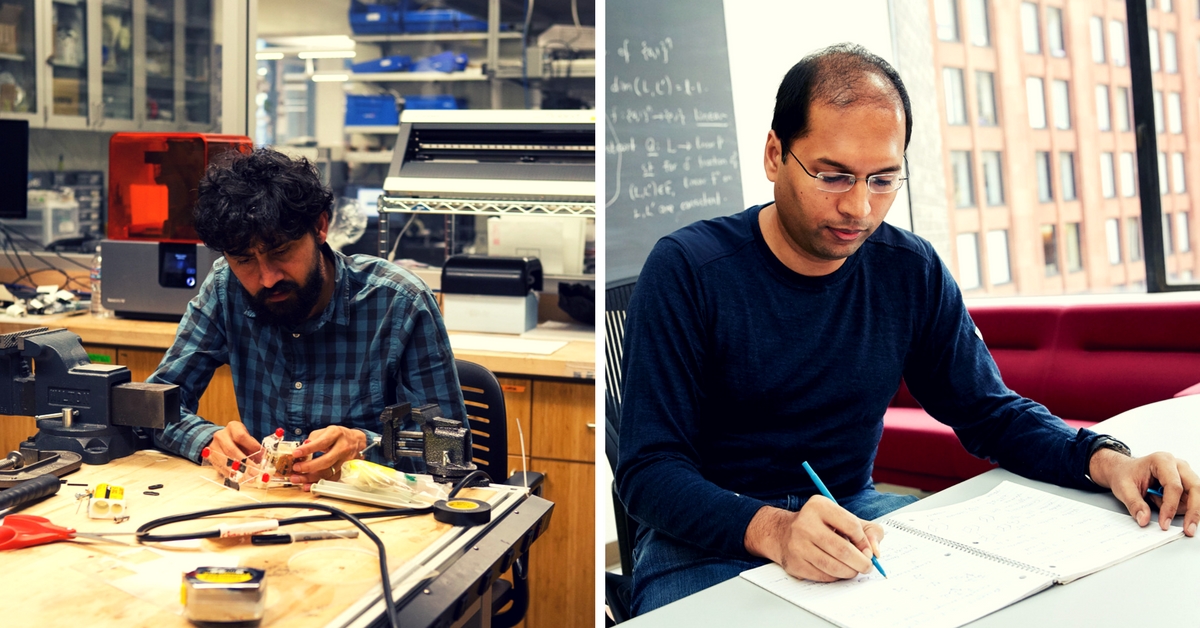Two Indian-Americans scientists, Dr. Subhash Kot and Dr. Manu Prakash have received the MacArthur grant, 2016, for exceptional creativity in their fields of interest.
The fellowship, which is also also dubbed as the ‘genius grant’, is awarded to scholars who display extraordinary creativity in their field of work. The winners receive $625,000 (approx. Rs. 4 crore) over a period of five years. This year, 23 people from various fields like art, science and civil rights were awarded by the John D and Catherine MacArthur Foundation.
Dr. Subhash Kot is an IIT Bombay alumnus and is a theoretical computer scientist at New York University. Dr. Manu who studied from IIT Kanpur, is an Assistant Professor in the Department of Bioengineering at Stanford University.
Subhash has been recognised for his work in providing important insights for solving problems in the field of computational complexity. For this, he has developed the Unique Games Conjecture

The crux of this conjecture in his own words is, “If you believe that one specific problem is hard to solve, lots and lots of other problems, which computer scientists are very interested in are also hard to solve.”
Manu is the brains behind some interesting developments in the field of microbiology. He invented a low-cost origami microscope called Foldscope, which costs less than Rs. 70. It is made by folding paper and attaching a glass bead lens. It can help view things at a sub-micron level and because of its low manufacturing cost, it has been adopted by amateur scientists, schools and medical experts.
His contributions in the field of frugal science are pathbreaking. The devices he has developed are low-cost, widely accessible and can be used in resource- poor settings.
In a press release issued by Stanford, Prakash mentioned how his many of his ideas come from this travel and childhood in India.
While talking about why he builds inexpensive machines, he said, “Often a challenge in technology deployment is building engaged local communities that take ownership of ideas and deployment. I’d started thinking about this connection between science education and global health.”
Know more about the grant here.
All pictures: MacArthur Foundation
Like this story? Or have something to share? Write to us: contact@thebetterindia.com, or connect with us on Facebook and Twitter (@thebetterindia).NEW! Click here to get positive news on WhatsApp.
If you found our stories insightful, informative, or even just enjoyable, we invite you to consider making a voluntary payment to support the work we do at The Better India. Your contribution helps us continue producing quality content that educates, inspires, and drives positive change.
Choose one of the payment options below for your contribution-
By paying for the stories you value, you directly contribute to sustaining our efforts focused on making a difference in the world. Together, let's ensure that impactful stories continue to be told and shared, enriching lives and communities alike.
Thank you for your support. Here are some frequently asked questions you might find helpful to know why you are contributing?

